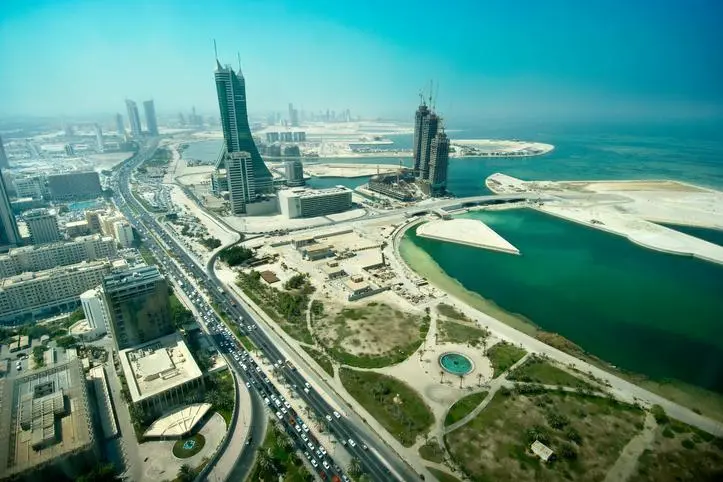PHOTO
BAHRAIN has jumped 18 places to grab a top 50 spot, for the first time, in a ranking of the world’s most valuable and strongest nation brands.
The chartered accountancy and brand valuation consultancy Brand Finance has released the Global Soft Power Index 2023 which is based on responses gathered from more than 110,000 people across more than 100 countries, surveying perceptions of 121 nation brands from around the world.
Ranked 50th in the 2023 index, Bahrain has jumped from the 68th position in 2022, with an eight per cent increase in its index score from 32 to 40 over the same period.
The kingdom’s brand value has seen a surge of 16 per cent to $27 billion this year.
“Soft Power enables countries to shape the perceptions and attitudes of other nations, build trust and co-operation, and advance their own interests without resorting to military force,” explained Brand Finance chairman and chief executive David Haigh.
“The annual report covers the ability of nations to influence others through attraction or persuasion rather than coercion.
“It encompasses a wide range of tools, including business and trade, governance, international relations, culture and heritage, media and communication, education and science, the character of the nation and the promotion of its values.”
In measuring Soft Power, Brand Finance surveyed perceptions of nation brands by the global general public across 35 attributes grouped under eight pillars: Business and Trade, Governance, International Relations, Culture and Heritage, Media and Communication, Education and Science, People and Values, and Sustainable Future.
These nation brand attributes drive the reputation and influence of nations, which are key to developing Soft Power, which in turn allows to change preferences and behaviour of international stakeholders to bring economic benefits.
The third key performance indicator measured in the index – Familiarity – enables stakeholders to form their perceptions in the first place.
Bahrain scored 3.5 in familiarity, 5.9 in reputation, 3.9 in influence, 4.5 in business and trade, 3.8 in governance, 4.1 in international relations, 3.4 in culture and heritage, 3.5 in media and communications, 2.9 in education and science, 3.9 in people and values and 4.4 in sustainability.
According to Mr Haigh, another important aspect of Soft Power is its ability to foster economic development and prosperity.
“Nations can leverage Soft Power to attract foreign investment, enhance trade, promote tourism and invite talent. All of those can help create jobs and boost economic growth in both partner countries,” he explained.
Commenting on the kingdom’s rise in the index, Dr Omar Al Ubaydli, director of economics and energy studies at the Bahrain Centre for Strategic, International and Energy Studies (Derasat), said, “Bahrain has been focusing its foreign policy on developing its reputation as a land of tolerance and peaceful coexistence. This has been pursued through a wide variety of exchange programmes, including visits from leading figures such as Pope Francis.
“These kinds of interactions enhance Bahrain’s soft power, i.e., its ability to achieve its foreign policy aims without the need for military or economic coercion. This progress is reflected in the soft power index.”
The US reclaimed its top spot in the ranking and has further increased the lead over other nation brands this year. The US’ overall score is up +4.1 points to an all-time high of 74.8.
The UK has defended its second position in the index this year, with an increase of 2.4 points to 65.8, recording increases across a number of attributes, from ‘good relations with other countries’ (up seven ranks) to ‘appealing lifestyle’ (up five ranks).
The UAE achieved the highest score of any Middle Eastern nation brand, but this year’s increase of 3.2 to 55.2 has meant a jump of five ranks to allow it to claim 10th position in the global ranking for the first time.
The rise was based on the success of Expo 2020 Dubai, with COP 28 to look forward to.
The report quoted Dr Paul Temporal, associate fellow in the Saïd Business School at the University of Oxford as saying that the Gulf nations have seen a boost to their Soft Power this year, partly due to their benefiting economically from the energy crisis, but primarily because of increased involvement in international events.
Copyright 2022 Al Hilal Publishing and Marketing Group Provided by SyndiGate Media Inc. (Syndigate.info).





















